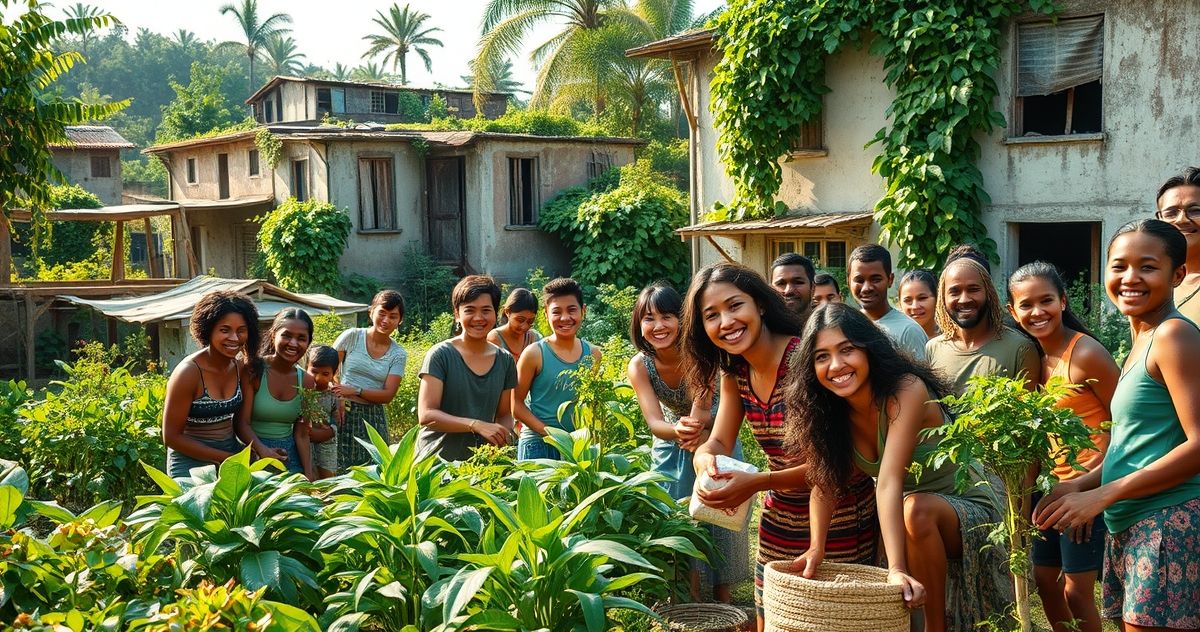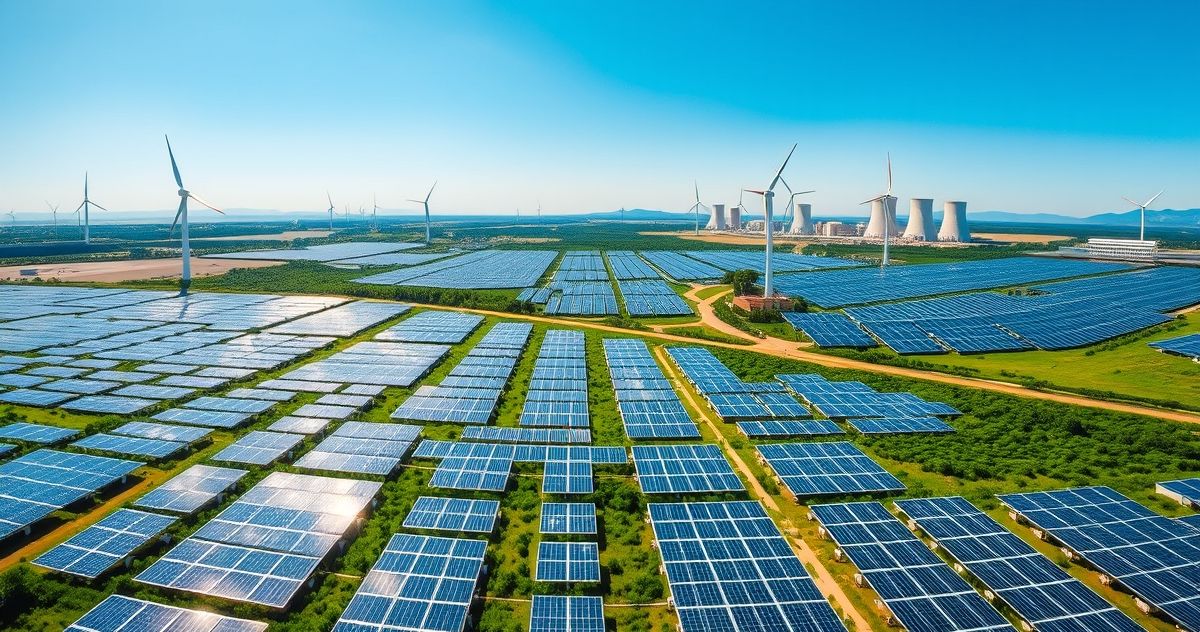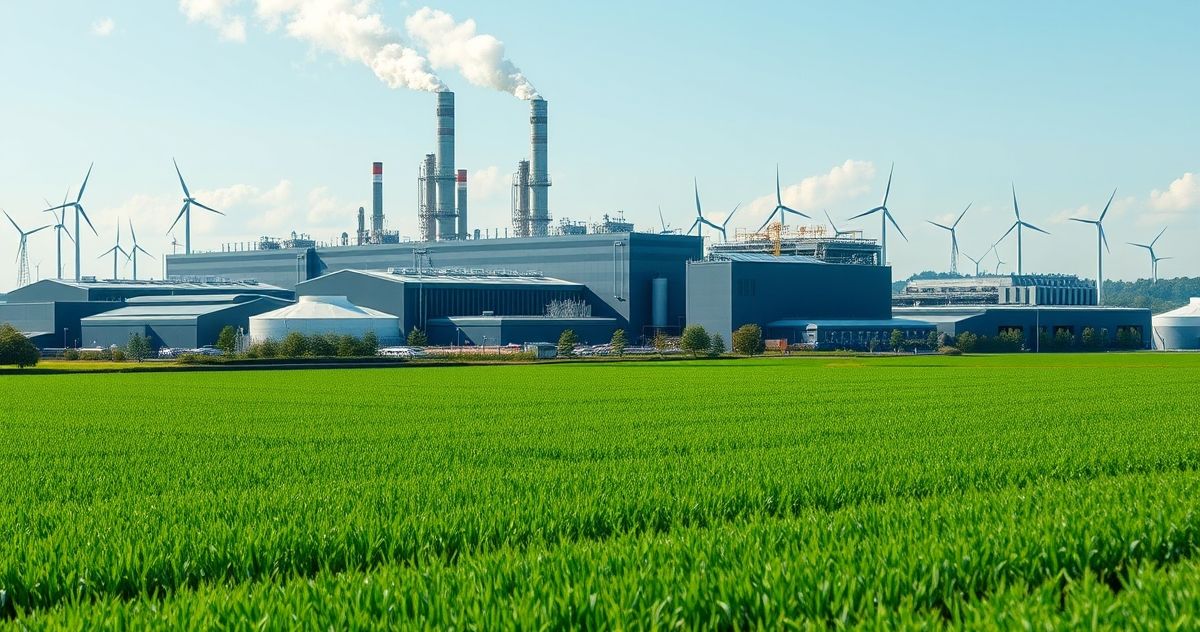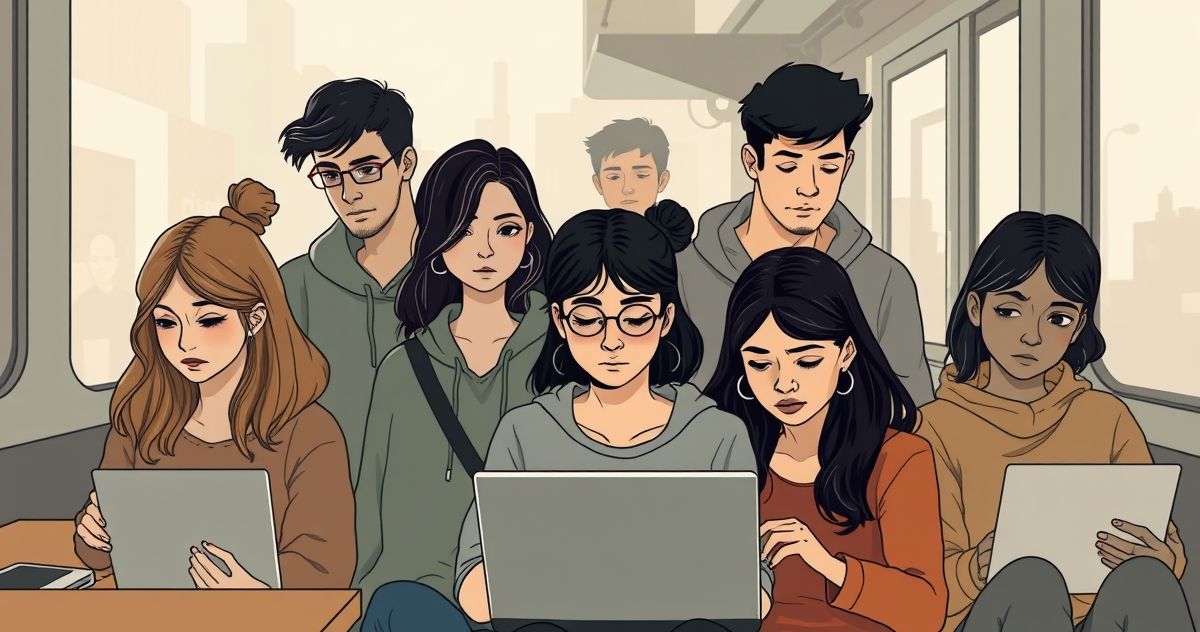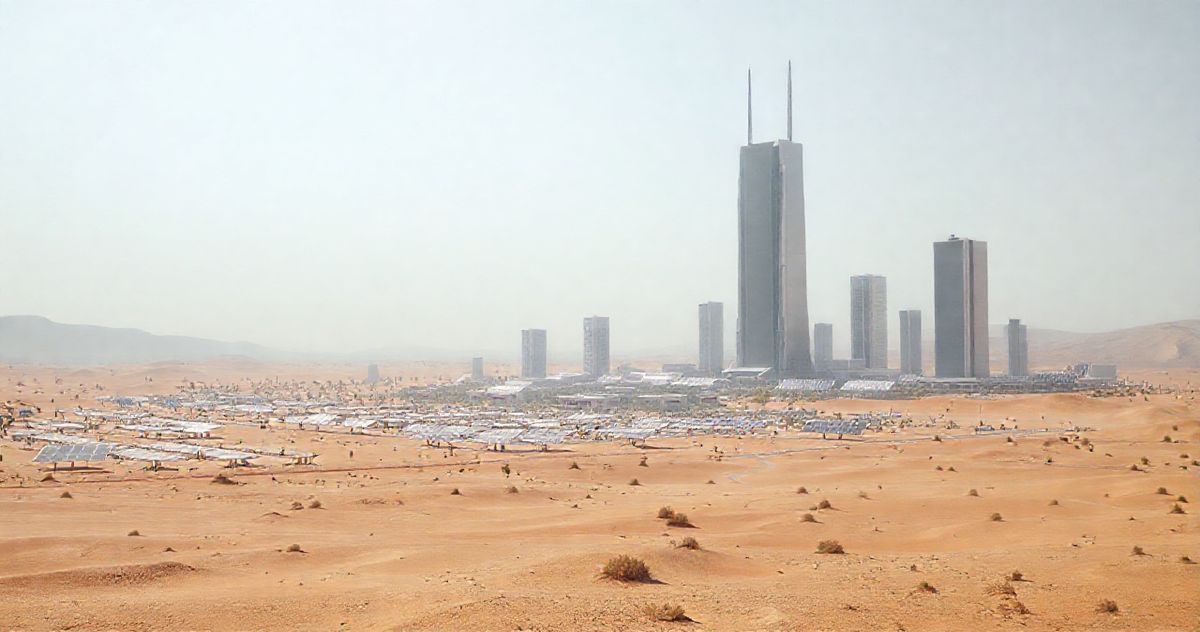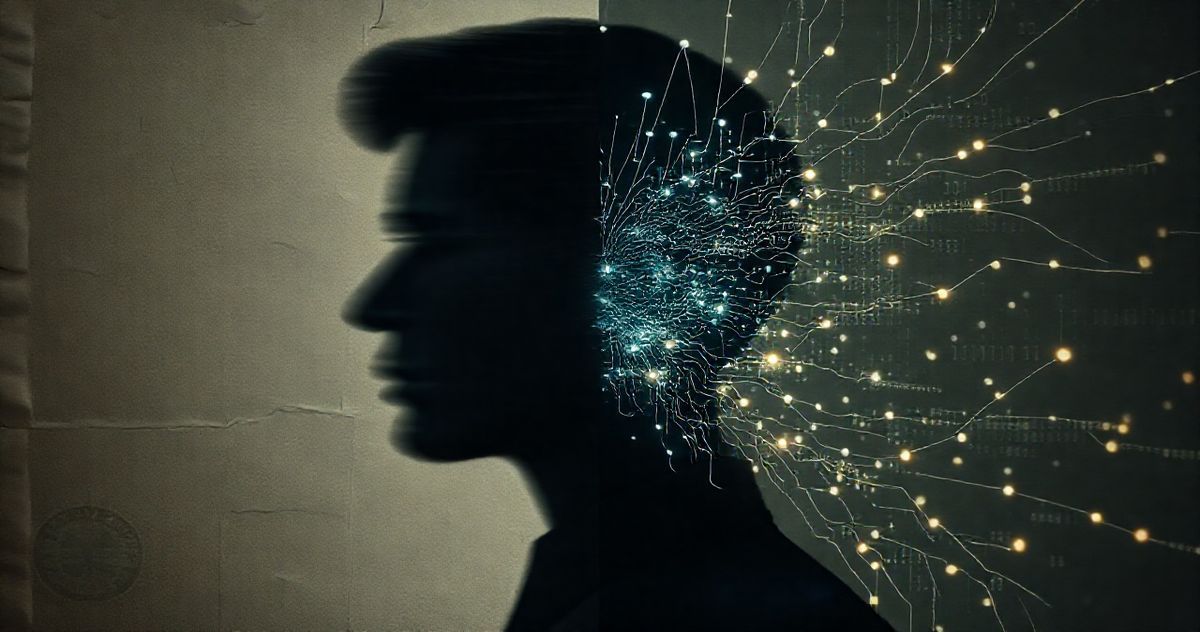Ever stopped to think about what ‘societal collapse’ really means? For most of us, it probably brings up images of chaos, hardship, and a grim future. We picture empty streets, dwindling resources, and a general sense of things falling apart. It’s a scary thought, right?
But what if that picture is totally wrong? What if, for most people, a ‘collapse’ isn’t the end, but a surprising fresh start? New research is hinting at something pretty wild: historically, when societies go through a major reset, the people who emerge on the other side often find themselves in a better spot. We’re talking more equal, richer, and even healthier than before the whole thing went sideways. It sounds counter-intuitive, I know, but let’s dig into it a bit.
### Rewriting the Rules: When Old Systems Break
Think about it. Many big, complex societies we’ve seen throughout history, and even some today, can become incredibly rigid. Power and wealth often concentrate at the top. Access to resources, opportunities, and even basic necessities can be incredibly uneven. It’s hard for most people to climb the ladder, no matter how hard they try. The rules are set, the game is rigged, and the majority are just trying to keep their heads above water.
When a society faces a major upheaval – whether it’s an environmental shift, an economic crash, or some other big disruption – those old, rigid structures can crumble. It’s a scary moment, sure, but it also creates a blank slate. Suddenly, the old rules don’t apply. The folks who held all the power might find their authority gone. The vast wealth they accumulated might lose its value. This forces everyone to adapt, to innovate, and often, to build something new from the ground up. And in that rebuilding, there’s a chance to build something fairer.
### More for Everyone? The Post-Collapse Bounce Back
So, why would people end up richer and healthier after such a drastic event? It comes down to redistribution, plain and simple. When the old power structures vanish, land that was once owned by a few powerful families might become available to many. Resources that were hoarded suddenly become shared. People shift from specialized, often exploitative, labor to more self-sufficient, community-focused activities.
Imagine a world where the crushing debt of old systems disappears. Where the constant stress of ‘keeping up’ with an artificial economy fades away. Instead, focus shifts to practical skills, direct resource access, and local community building. This isn’t about becoming billionaires; it’s about having enough, and often, having more direct control over your life and well-being. People often report stronger community bonds and a greater sense of purpose, which are huge for mental and physical health.
Here are some ways things might actually get better for many individuals:
* **Access to land and resources:** Farmland, building materials, and water become more widely available instead of being controlled by a few.
* **Stronger community bonds:** People rely on each other, fostering a sense of belonging and mutual aid that modern societies often lack.
* **Less debt and financial burden:** The old, often oppressive, financial systems might simply cease to exist, freeing individuals from crushing economic pressure.
* **Focus on practical skills:** Survival, craftsmanship, and local trade become paramount, valuing tangible contributions over abstract financial gain.
* **Improved health outcomes:** Less stress from work and debt, more physical activity, and direct access to fresh, local food can lead to better overall health.
Let me tell you about someone I heard about – let’s call her Elara. She lived in a sprawling, highly specialized city. Her job was to manage data for a massive corporation, and she was always stressed, always feeling like she was falling behind. She had a tiny apartment, ate processed food, and rarely saw her neighbors. When the big systems started to unravel – not with a bang, but a slow, gradual untethering of the old ways – it was terrifying at first. Her job vanished. Her savings were worthless. But then, something amazing happened. She joined a group of people forming a new settlement outside the city. They worked together, learned to grow food, built simple shelters, and shared knowledge. Elara, with her knack for organization, became the community’s record-keeper for seeds and harvest cycles. She spent her days outdoors, her food was fresh, and she was surrounded by people who relied on her, and whom she relied on. She lost a lot, yes, but she also gained a sense of purpose, health, and community she never had in the ‘developed’ world.
### Beyond the Headlines: A Different Kind of Progress
Now, let’s be clear: no one is saying that the process of societal collapse is easy or desirable in the moment. It’s often filled with hardship, uncertainty, and loss. But this research encourages us to look beyond the immediate shock and consider the long-term patterns. It suggests that human resilience isn’t just about surviving; it’s about adapting and often building something better, more equitable, and more sustainable from the ashes of the old. Maybe progress isn’t always about bigger buildings and more complex economies. Sometimes, it’s about a reset, a simplification, and a return to valuing what truly matters for human well-being.
So, if we consider this new perspective, it really makes you think, doesn’t it? What if our biggest fears about a ‘collapse’ are actually masking a hidden potential for a more egalitarian and healthier future for the majority of us?
